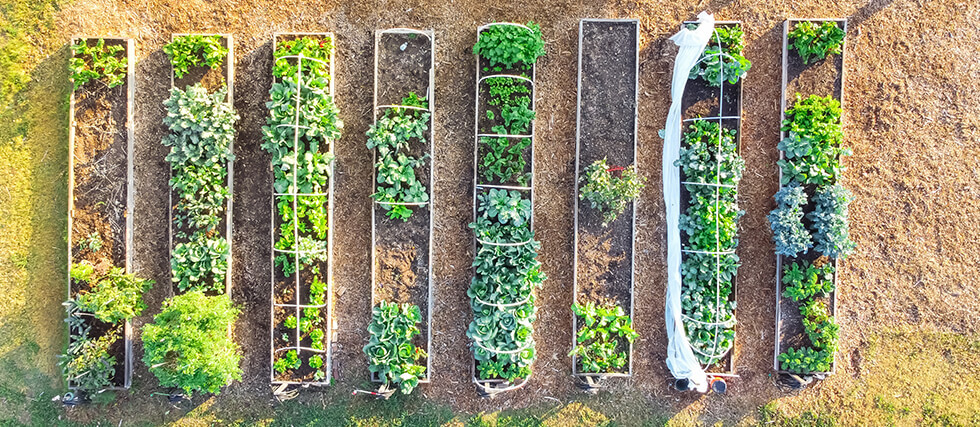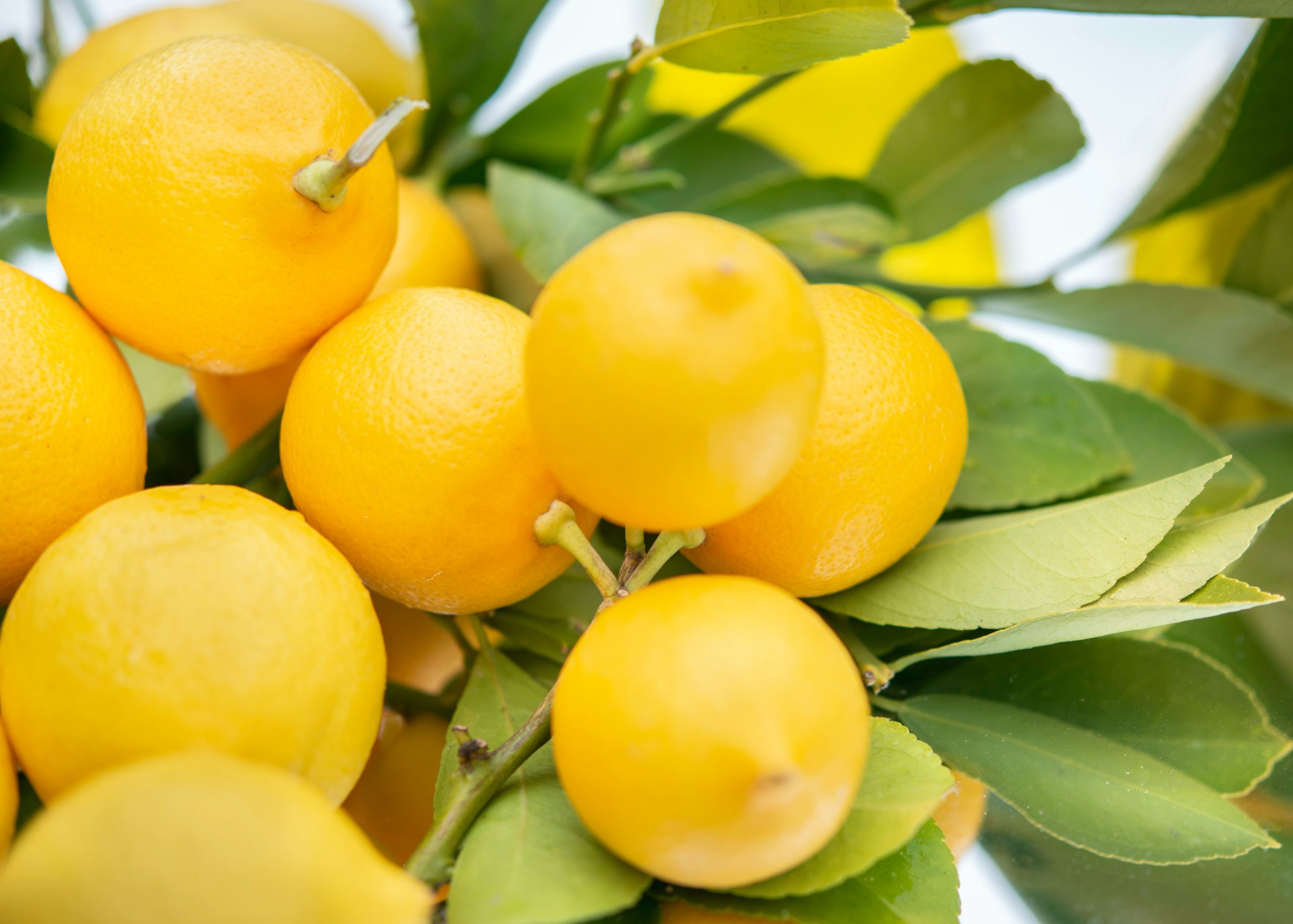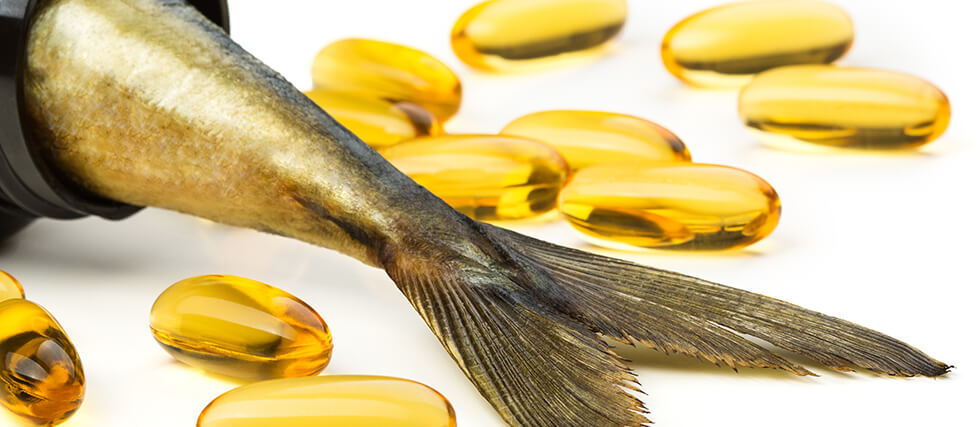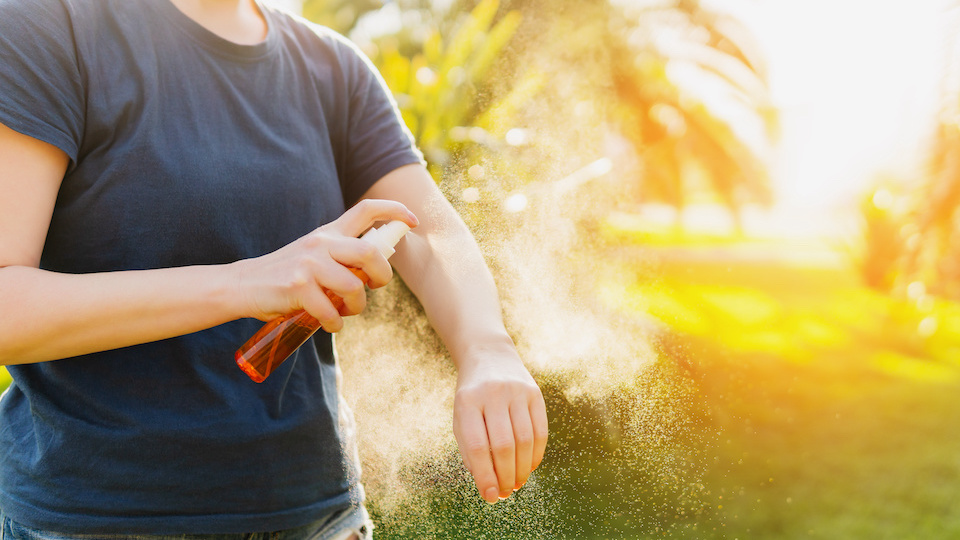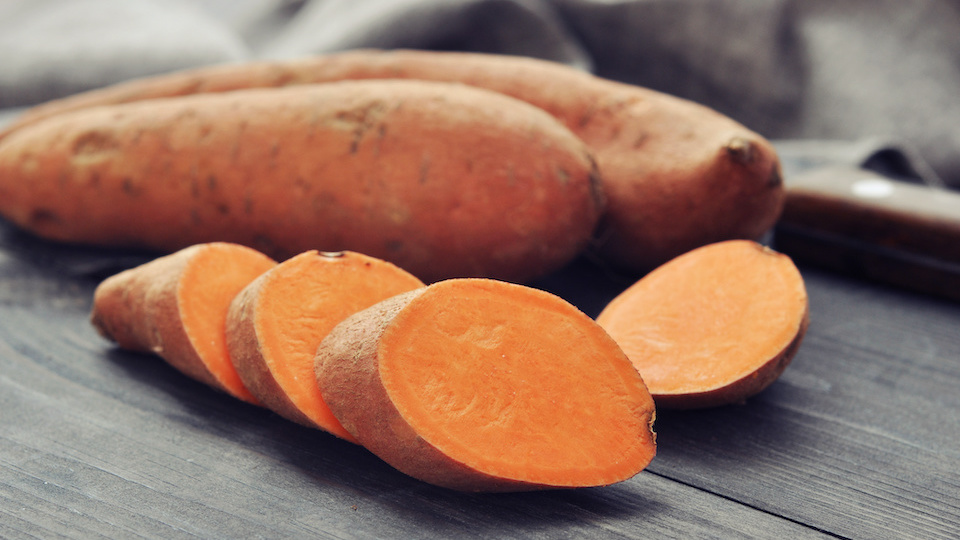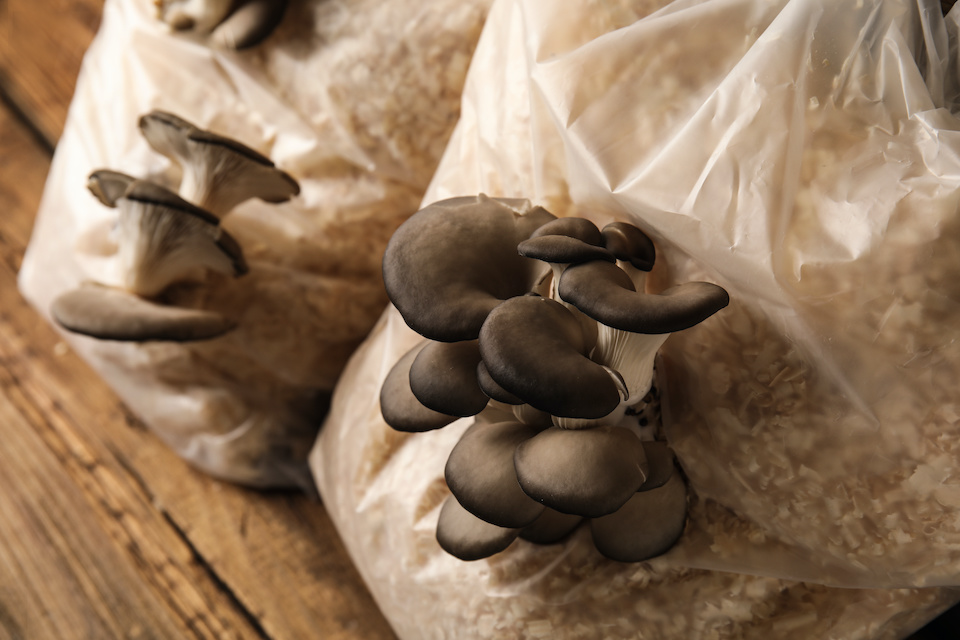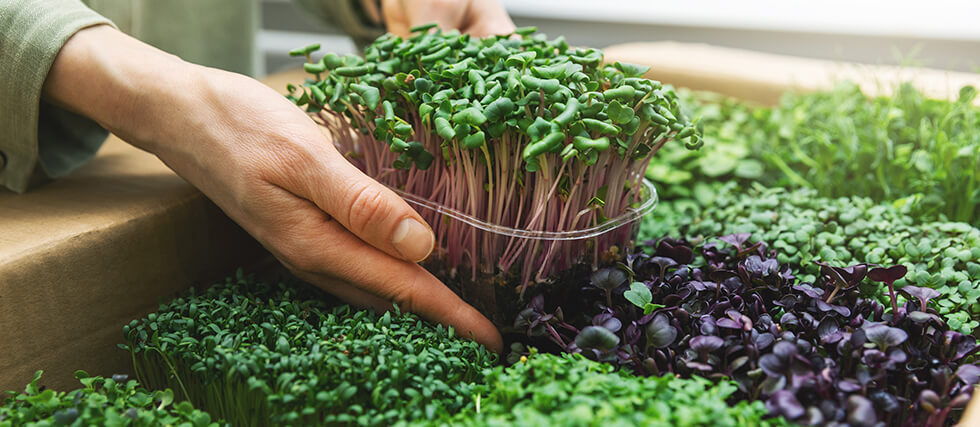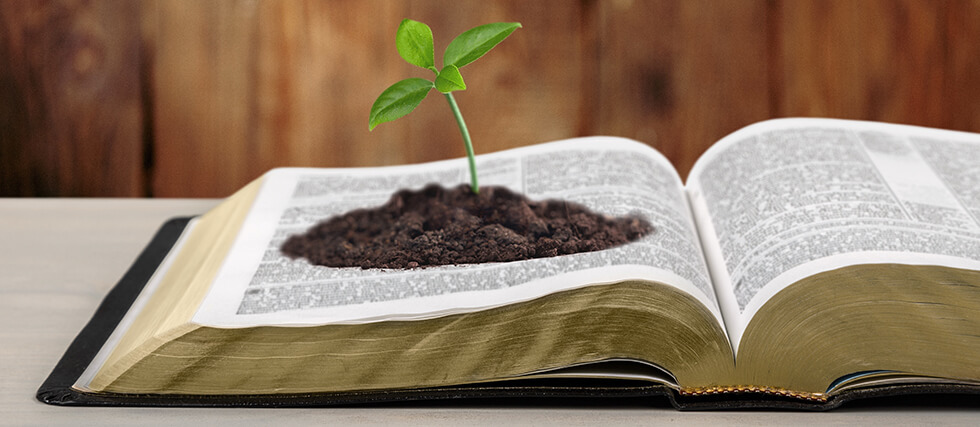Timeless Truth: 1,500-Year-Old Mosaic Proves the Enduring Legacy of the Bible
The Bible has withstood the test of time, surviving centuries of challenges while remaining the most historically attested ancient document. This truth is reaffirmed by the recent discovery of a stunning 1,500-year-old mosaic in Israel, featuring a powerful biblical inscription.
Unearthed near Kiryat Gat, this Byzantine-era masterpiece is one of Israel’s most unique mosaics ever.
At its center, an ancient Greek inscription from Deuteronomy 28:6 reads: “Blessed are you when you come in and blessed are you when you go out.”
This passage, preserved through time, echoes the durability of Scripture, which has more surviving manuscripts than any other ancient text—over 25,000 copies in various languages, far surpassing works like Homer’s Iliad or Plato’s writings.
The mosaic, part of a once-thriving monastery and settlement, reveals the deep historical roots of biblical faith. Alongside it, archaeologists uncovered a sophisticated winepress, pottery production sites, and Greek letter markings, showing the advanced craftsmanship of the time.
This discovery adds to the overwhelming archaeological evidence confirming the Bible’s historical accuracy, particularly in regions mentioned throughout Scripture.
Despite centuries of opposition, destruction, and cultural change, the Word of God continues to endure. This ancient mosaic is more than a relic – it is undeniable proof of the enduring truth of Scripture.
Preserved across millennia, it is a powerful testament to the Bible’s unwavering presence, reinforcing its historical accuracy and divine authority. The Word of God remains unshaken, its message transcending time and continuing to affirm the faith of believers throughout generations.



